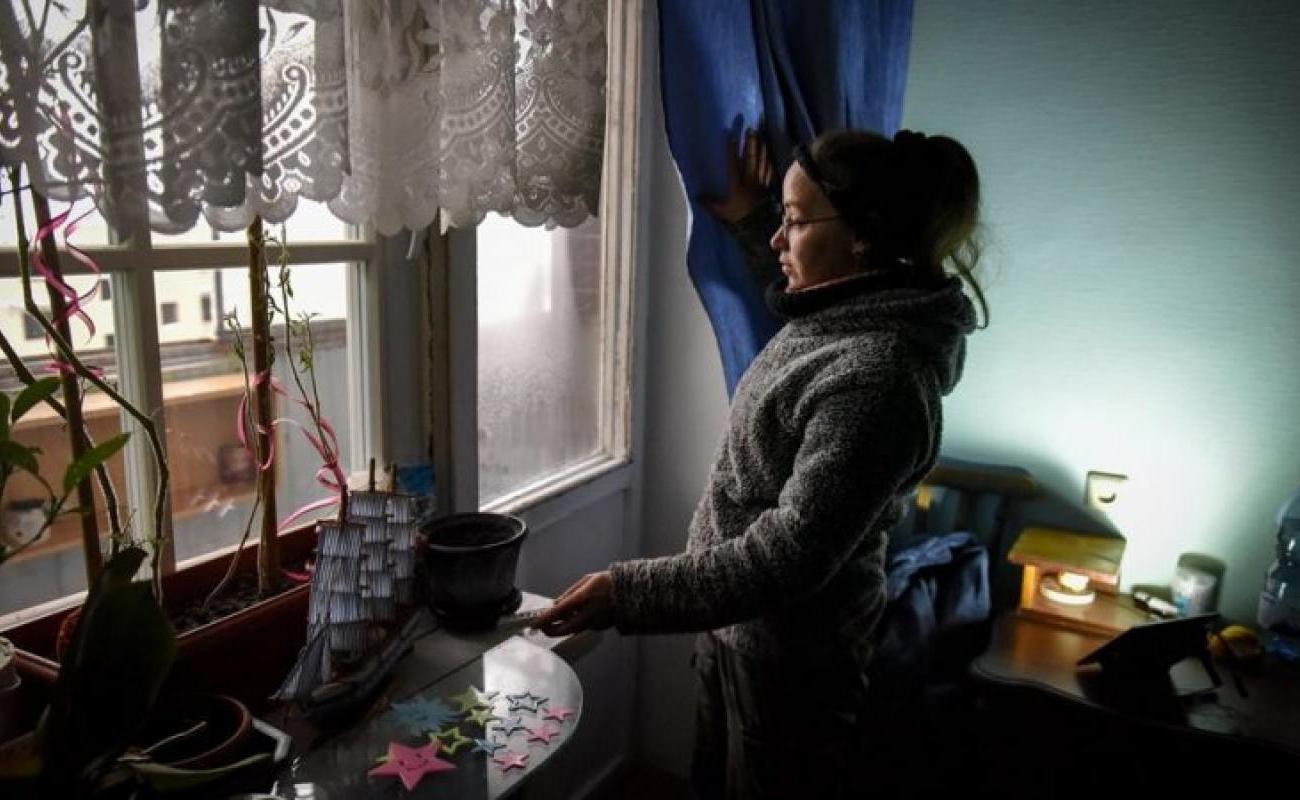‘Only punishment of the crimes will restore international order and peace’

Only by creating a special international tribunal for Russia and holding them accountable for crimes in Ukraine will evil not have the opportunity to return in the near future, writes Roman Rukomeda.
Two hundred ninety days of massive Russian aggression against Ukraine are now behind us. Russia continues to commit new war crimes against the civilian population of Ukraine despite its failures on the battlefields and losing control over occupied Ukrainian territories.
According to the figures from the General Prosecutor’s office of Ukraine and the President’s office, since February 2022, Russian soldiers and officers have committed about 48,000 war crimes, killing more than 10,000 civilians, including hundreds of children.
The devastation and destruction in Ukraine perpetrated by the Russians is shocking. More than 46,000 houses and tens of thousands of objects of civilian infrastructure including hundreds of hospitals, are damaged and destroyed. More than 11,000 Ukrainian children were kidnapped and taken to Russia. The total number of Ukrainians brought to Russia under pressure is more than 1 million.
But the war is not over yet. Russia is losing but still can do much harm to Ukraine, its people and global civilisation.
After all the crimes Russians have done in Ukraine, there are not many ways left to return peace and order to Europe. First, it is necessary to achieve the military defeat of Russia in Ukraine as the only way to prevent them from moving further West. The second goal is the punishment of the Russian side as the aggressor according to international law.
Only by instituting a special international tribunal on Russia and its crimes in Ukraine, which are already recorded by the UN and many representatives of EU and NATO countries, will evil not escape.
Only with the help of an international tribunal Europe and NATO can restore international rules based on respect for state sovereignty and human rights. Overwise, some states will copy the Russian aggression to win territories even at the cost of many lives.
Meanwhile, Ukraine continues to liberate its territories and fight against Russian aggression on the battlefield. Between 4-6 of December, four Russian airfields were attacked by Ukrainian UAVs, including the unique base of Russian strategic aviation near Engels, where Russia deploys its strategic TU-95 and other bombers. These planes were used to launch rockets at the Ukrainian civilian population, houses, and critical infrastructure objects.
The Ukrainian Armed forces demonstrated that they can attack Russian objects 600-700 km deep into Russian territory and that Russian anti-aircraft systems are not very effective.
As a reprisal for these attacks, Putin ordered new rocket attacks against the Ukrainian energy system. About 70 rockets of different kinds were used for that purpose. The Ukrainian air-defence system supported and modernised by the NATO countries managed to intercept and destroy in the air about 60 out of these 70 rockets, which is a new record for the Ukrainian army. However, about 10 Russian missiles reached their targets and caused additional damage, though the energy system managed to avoid collapse.
The biggest battles are raging in the Donetsk and Luhansk regions near Bakhmut and Svatovo, where Russian aggressors are concentrating all their artillery and other technical resources, especially human ones, to overcome Ukrainian defence and try to capture the whole territory of Donetsk and Luhansk regions according to its administrative borders. The battles will continue, and there will be no pause for the winter.
Ukraine’s society continues its fight against Russian aggression by showing resilience to the cold temperature and lack of electricity, heat and water supply. The worst situation is in the liberated Ukrainian cities, such as Kherson or in smaller towns under Russian occupation.
It is clear that on all captured Ukrainian territories, Russia does not restore any facilities for the local people who continue to live there. In practice, it means that almost all captured Ukrainian territories still under Russian control (about 17% of the territory) have a strong deficit of heat, water supply, sanitation and electricity. It is a real humanitarian catastrophe which the International Red Cross Committee and the UN do not adequately address.
In Kyiv, the situation is more or less normal. We have electricity, water and heat with some disruptions of supply: not very convenient but absolutely possible to live and to work. You just need to adjust to the “electricity schedule” and do all the main tasks during the 3-4 hours when electricity is available.
Sometimes there are problems with the phone and mobile connection, but it is not for the whole day. Many small and medium businesses have bought electricity generators: a new sound in the street symphonia. We are optimistic as our Armed forces demonstrate their ability to liberate Ukrainian lands from Russian aggressors.
